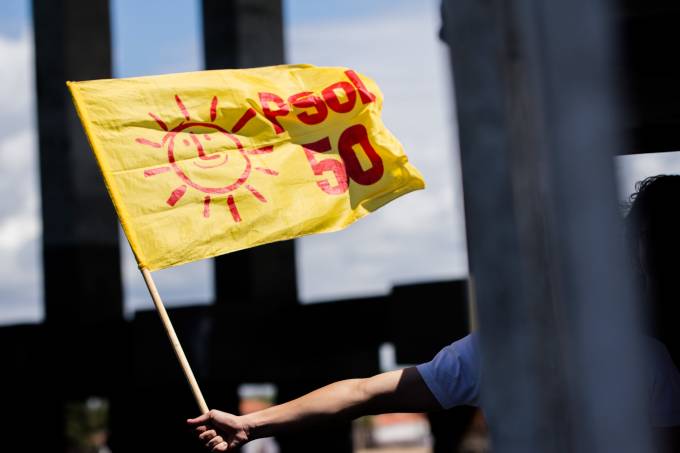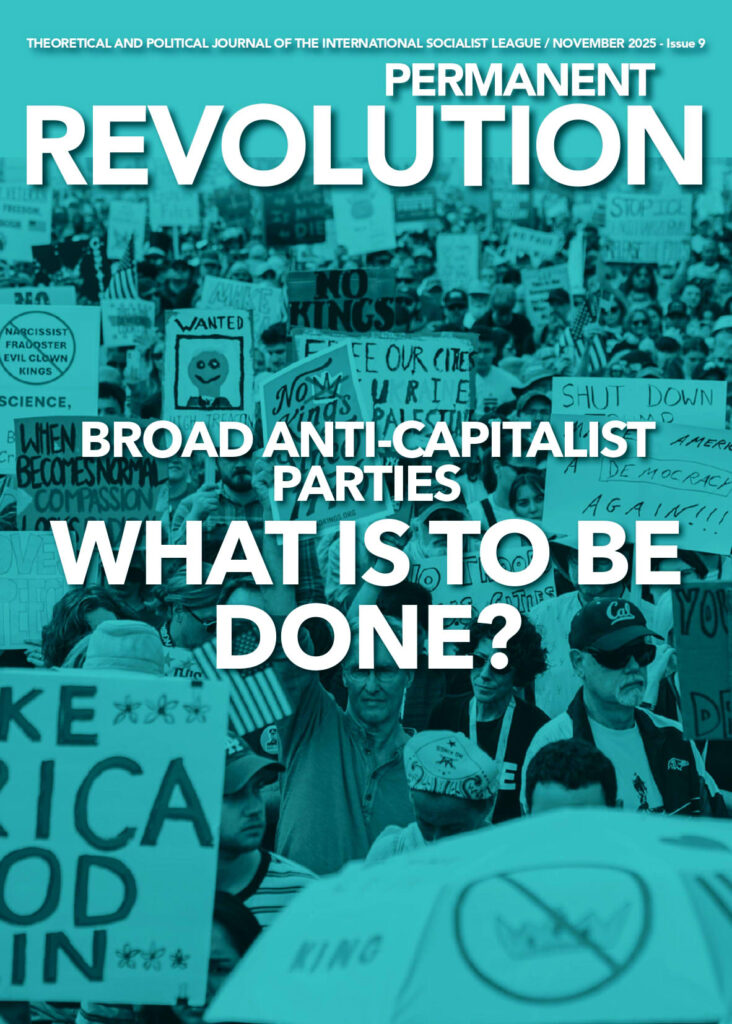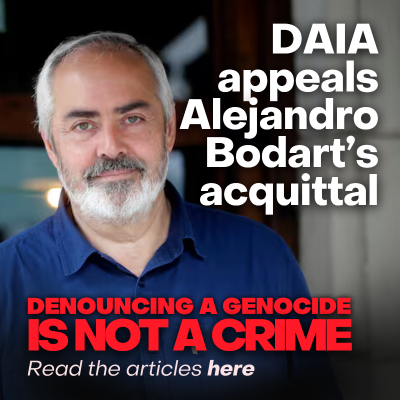By Veronica O’Kelly
MES publicly announced that it met with Haddad’s former vice-presidential candidate, Manuela d’Ávila, to invite her to join the PSOL and continue her “independent” militancy within the party. A fact that deepens the debate on what for and how to build the party.
Is it enough to be progressive?
Manuela d’Ávila, former PCdoB cadre, federal deputy (2007-2015), state deputy (2015-2019), former vice presidential candidate in 2018 in Haddad’s candidacy, is a militant of the progressive sector, with whom we even share some agreements in the fight against the attacks of the extreme right and conservative sectors. She’s a committed feminist and correctly defends women’s rights, which brings us closer in the fight against patriarchal and sexist oppression. We have shared many trenches, and consider it fundamental to avoid any sectarianism that hinders unity of action with her or with any force of the progressive sector.
Thing is: are these agreements enough to build a common political project?
Let’s see, for example, in the field of feminism, we fight against an identitarian and non-classist feminism. We have fought many battles together with multiple militants and feminist organizations. However, we also have disagreements and confrontations with those who do not see capitalism as the root of patriarchal oppression. This fundamental difference leads us to have different policies in the struggles we wage. Such is the case in the face of Lula’s government, by not adopting a class and anti-capitalist perspective, certain sectors of feminism refuse to prioritize the struggle against the fiscal framework (Arcabouço Fiscal). This implies ignoring the negative impact of fiscal austerity policies on women, the main victims of unemployment, low wages and poverty in the country. Manuela is part of this non-class feminism, i.e., reformist and, therefore, limited as an anti-capitalist political project.
Another example is the issue of how to face the extreme right. Manuela d’Ávila relies on broad fronts, that is, on unity with bourgeois sectors, even with parties of the traditional right, possibly as an inheritance of her campist formation that led her to be a member for many years of the PCdoB, a party from which she recently left. She ran for vice-presidential candidate in the 2018 elections, where Fernando Haddad headed the ballot. Today she bets on governments such as Lula-Alckmin, Claudia Sheinbaum in Mexico or Gustavo Petro in Colombia, as references and examples to follow.
It is not our intention to pinpoint Manuela d’Ávila’s lack of classism or anti-capitalism, but to point out the contradiction of MES in inviting her to join the PSOL. This is not a debate of denying unity of action -which is correct-, but of questioning the political decision to continue strengthening non-anti-capitalist sectors that are leading the party to regime adaptation.
Which PSOL does the MES want to build?
PSOL is traveling the road of what the majority leadership calls “refoundation”, which is nothing other than an adaptation to the bourgeois regime. Recently, the scandalous dismissal of the economist and parliamentary advisor David Deccache, by Boulos and other deputies of the majority, exposed in depth how far this process has advanced.
At this point there are no doubts about the political intentions of Boulos, Valente and even Arcary. They represent a qualitative leap of hegemony of the reformist sectors within the party. And as Trotsky says regarding the unitary tactics with these sectors, “In other words, to the clearly and precisely posed question whether they choose a bloc with the bourgeoisie or a bloc with the proletariat – in the concrete and specific conditions of mass struggle – they will be compelled to reply that they prefer a bloc with the bourgeoisie.”1. Thus, today this sector does not hesitate in showing its support for the bourgeois government of Lula-Alckmin and its austerity measures against the popular sectors and the working class.
Thing is: which PSOL does the MES want to build? The MES is the main internal left-wing current that opposes the reformist “refoundation”, which places it in a position of greater responsibility. With two federal deputies, Sâmia Bomfim and Fernanda Melchionna, it has been able to exert correct pressure in parliament, denouncing the errors and contradictions of the majority. It was them, together with Glauber Braga and Deccache, who denounced the anti-popular nature of the Fiscal Arcabouço, which the majority of the PSOL bench was preparing to support and vote for. It is also common to see MES parliamentarians present in different struggles and mobilizations, which is important to highlight.
Unfortunately, these correct policies are combined with others that go against the defense of an independent PSOL, such as forming a Federation with Rede or the incorporation of sectors and leaders aligned with the so-called “refoundation”. It is necessary to take stock of the entry of these sectors coming from the PT, such as Primavera Socialista, Revolução Solidária, among others, which today lead the party and whose entry took place, mainly, with the endorsement of the MES. It is clear that the efforts to build a party with greater electoral capillarity, more parliamentary seats and public figures of great projection are important. However, these objectives cannot become an obstacle to advance in the strategic objective of building an anti-capitalist party, as unfortunately happened in the PSOL.
The invitation to Manuela d’Avila is exactly that. A mistake that goes against the construction of an independent and anti-capitalist party, and that the MES insists on repeating.
Shuffle and deal again
The rise of the extreme right in the world and national scenario is a fact that naturally leads to great concern. Our international organization, the ISL (International Socialist League), has been waging a strong political battle against the reformist sectors which, in the face of this phenomenon, draw the skeptical conclusion that we were defeated and, therefore, we must unite with the good and the bad in defensive fronts. That project is destined to failure, and that is exactly the course taken by the majority leadership of the PSOL.
It is time to debate, to elaborate collectively and to act in unity with those of us who have the objective of opening a process of regroupment of the sectors of the anti-capitalist and revolutionary left. To organize events that promote these meetings and debates, from which theoretical and practical conclusions emerge that mark another course, different from that of “refoundation” and adaptation to the bourgeois regime. Both inside and outside the PSOL. All the currents that build the left of the PSOL have the opportunity to do so in an atmosphere of honest debate and comradeship, breaking with the hostile and antidemocratic climate that the majority leadership has installed. That is the objective of this text: to continue along this path and to build unitarily a political tool that does not hesitate to place itself on the side of the working class bloc and, thus, to shuffle and deal again.
- On the united front. Leon Trotsky, 1922 ↩︎





